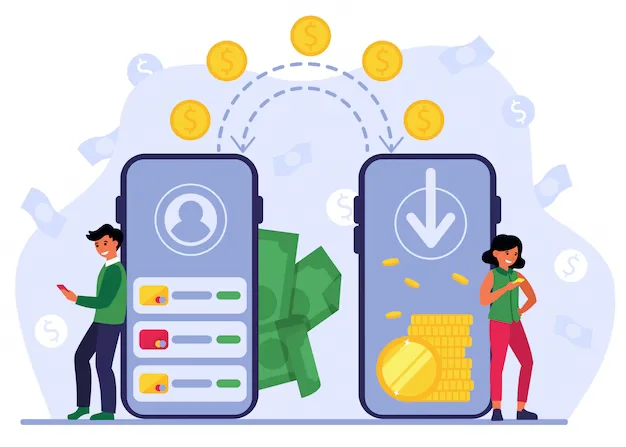Real-time payments have changed the way financial transactions are conducted, bringing many benefits to individuals, businesses, and the economy as a whole Unlike traditional payment methods that involve delays and batch processing, real-time payments offer instantaneous, 24/7, secure transfer of funds between parties, transforming the economy and customer experience.
One of the main advantages of a real-time payment system is instant access to funds. This feature is especially important for individuals and businesses that rely on timely access to funds for purposes such as paying bills, making emergency purchases, or managing funds Real-time payments eliminate the need for them to wait for bank transactions, which can take hours or even days. This acceleration maximizes financial returns and allows firms to make faster decisions.
For businesses, real-time payments help improve cash management. By making payments immediately, companies can allocate funds more efficiently, settle invoices faster, and optimize their working capital.
This economic dynamism can reduce borrowing and debt ratings, resulting in potential debt cancellations in terms of interest payments. Additionally, real-time payments reduce the risk of payment delays, streamline supply chains, and strengthen relationships between businesses and their suppliers.
Customer convenience is another benefit of real-time payment systems. With the advent of mobile banking apps and digital wallets, individuals can transfer money, split money, or pay friends in real-time, anytime. This speed simplifies financial transactions and eliminates the hassle of writing checks, waiting for cash withdrawals, or visiting physical banking locations. The seamless integration of real-time payments into daily life enhances user experience and encourages the use of digital finance solutions.
Fraud prevention is also strengthened through real-time payment systems. The instantaneous nature of these connections allows for faster verification, reducing the chances of a fraudulent act. Advanced fraud detection systems can be incorporated into real-time payment systems to identify suspicious transactions and prevent unauthorized transactions in real time. This level of security is a boon for individuals and businesses and will instill confidence in digital payment methods.
On a larger scale, real-time payment systems can stimulate economic growth. By speeding up transactions, these programs increase costs and economic activity. Companies can experience rapid change, resulting in greater productivity and potentially job creation. Furthermore, the flexibility of payments cross-border can facilitate international trade, opening up new markets and opportunities for businesses around the world.
The benefits of real-time payment systems are not limited to developed countries; They can also adapt to emerging markets. Real-time payment systems provide an inclusive and accessible financial system in areas where traditional banking systems are limited. More common than bank accounts, mobile phones can act as gateways to real-time financial transactions, enabling individuals in remote areas to participate in the digital economy.
In conclusion, real-time payment systems represent a major advance in the world of finance and commerce. Their ability to provide instant funding, facilitate transactions, increase security, and stimulate financial activity makes them valuable assets for individuals, businesses, and the economy as a whole As technology continues to evolve, it is evident that time self-internal payment systems will extend recognition And we reorganize the method


